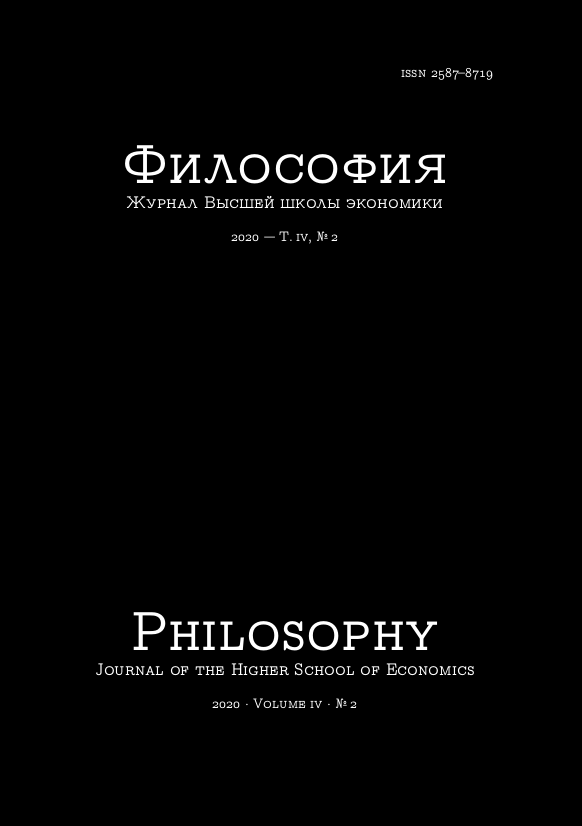“Russian intelligentsia”: the Birth of the Concept
Abstract
The question of the emergence in Russia of the social concept of “intelligentsia” is considered in the article. The Russian term “intelligentsia” as a certain social group (educated society, collective thinking personality) was formed in the 60s. XIX century under Polish influence (in Poland, in turn, the concept originated from Germany). The decisive importance in this was played by the journalism of I.S. Aksakov. Initially, the term was perceived as foreign and often became the object of ironic attacks (N.S. Leskov, I.S. Turgenev, N.K. Mikhailovsky). However, in the late 1860s. a new concept was adopted by the Populist publicists (N.V. Shelgunov, P.N. Tkachev). Out-of-class understanding of the “intelligentsia” was of great importance for populists. The convergence of the new concept with the bourgeois layers occurred in the 1870s, which again provoked criticism from the writers (G.I. Uspensky, M.E. Saltykov-Shchedrin). The concept of “advanced intelligentsia” (P.L. Lavrov) appeared as an answer. In general, the evolution of the term in Russia corresponded to the Polish tendency: from an abstract philosophical category to the designation of an educated society, and then to its progressively thinking (advanced) forces. New meanings arose against the background of the crisis of the estate system and the formation of the public as an independent political force. The main weapon of this new force was thought and consciousness, which constantly prompted to withdraw the term “intelligentsia” from the blows of critics and to invest in it new positive meanings.






